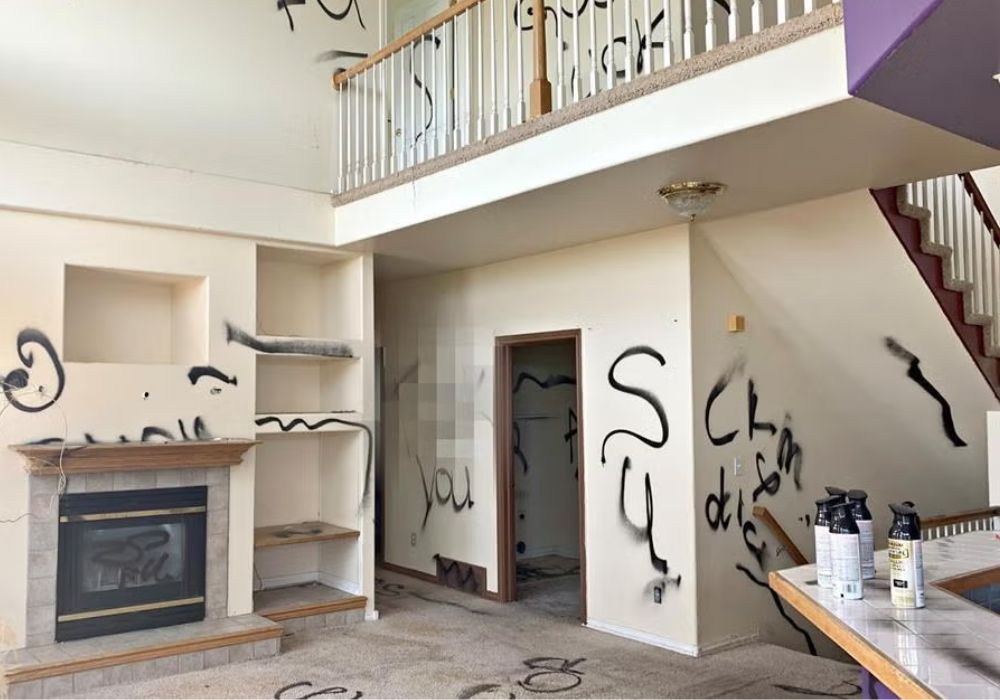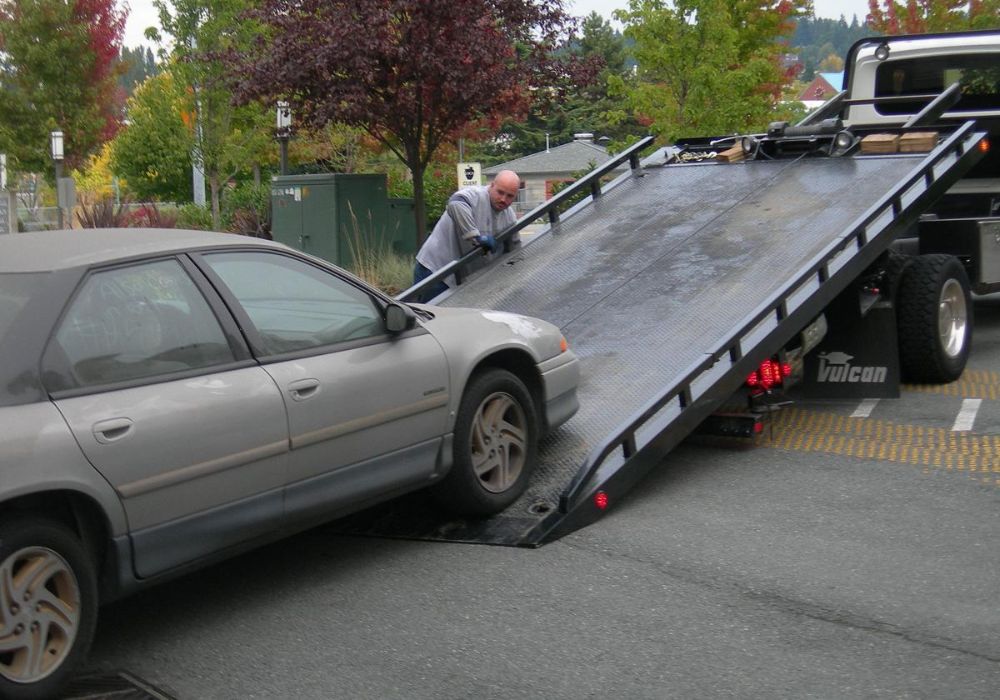Vandalism can cause significant damage and costs for both landlords and tenants. It is important to understand the legal responsibilities of each party when it comes to property damage from vandalism. In this article, we will explore who is responsible for vandalism - the landlord or the tenant.
Landlord or Tenant Responsibility
Generally, the tenant is responsible for any damage or destruction caused during their tenancy, including vandalism done by themselves or their guests.
This is because the tenant has possession of the rental property under the terms of the lease agreement. The landlord maintains ownership of the property but entrusts it to the tenant during the lease period.
So absent any negligence by the landlord, the tenant is primarily responsible for property damage from vandalism occurring while they live there.
Related: Are Tenants Responsible For Cleaning When Moving Out?
What is Considered Vandalism?

Vandalism refers to the intentional damaging or defacing of property. Common acts of vandalism in rental properties include graffiti, broken windows or lights, holes in walls, stolen or destroyed furnishings, and damaged locks or doors.
The goal of vandalism is non-useful destruction, unlike regular wear and tear which is unintentional damage that occurs through normal use over time. Vandalism ruins the value and safety of a rental property.
Who Can be Responsible for Tenant Vandalism?
Tenants can be held responsible if they personally commit acts of vandalism on the rental property. They are also responsible for any damage caused by their guests or other people they allow onto the premises.
Landlords may also take legal action against tenants who negligently fail to report incidents of vandalism to the landlord in a timely manner.
Can Landlords be Responsible for Tenant Vandalism?
In some cases, landlords could share responsibility if their own negligence contributed to vandalism occurring.
For example, if a landlord fails to conduct proper background checks on tenants, does not provide adequate security measures they promised to install, or knows of but fails to address ongoing issues with a problematic tenant, they may be partially at fault for resulting property damage from vandalism.
What Precautions Can Prevent Vandalism?
Landlords can take proactive steps to help prevent vandalism such as installing security cameras, hiring professional property management services, conducting criminal background checks on tenants, and maintaining adequate locks, lighting and fencing.
Clearly written lease agreements that explain tenant responsibilities for damage are also important. Maintaining open communication and addressing issues promptly can help avoid escalation.
What Should be Done After an Act of Vandalism?
Both landlords and tenants should document any vandalism by thoroughly photographing all damage. Landlords should make necessary repairs in a timely manner.
Tenants may be responsible for costs depending on the circumstances. Filing a police report is also recommended.
The lease agreement and property condition records can be crucial evidence if legal action becomes necessary down the line to recover costs.
Who Pays for Damages from Tenant or Guest Vandalism?
Unless a landlord failed their own responsibilities as discussed above, the tenant is normally responsible for reimbursing the landlord for costs to repair any vandalism damage done by themselves, members of their household, or guests during the lease period.
This includes lost rental income if repairs require the unit to be vacant. Tenants should have adequate renter's insurance to cover these potential expenses and limit their personal liability.
Conclusion
In summary, while landlords have a duty to reasonably prevent foreseeable harm to rental properties, tenants are generally liable for costs when intentional vandalism occurs as a result of their own actions or negligence during tenancy. Clear expectations and precautions by both parties can help avoid damaging situations and costly disputes down the road.





